"Yarmouk" Holds a Symposium on "The Human Resources System and the Future of Public Administration in Jordan"

Representing the President of Yarmouk University, the Assistant President - Director of the Human Resources Department, Dr. Ziad Zureigat, inaugurated the symposium "The Human Resources System and the Future of Public Administration in Jordan," organized by the Center for Sustainable Development Studies. The keynote speaker was the President of the Civil Service and Public Administration Bureau, Mr. Sameh Al-Nasser.
Dr. Zureigat welcomed the participants and attendees at the beginning of the symposium, emphasizing its importance in answering a range of questions surrounding the human resources system and its implications for the labor market. He affirmed Yarmouk University's commitment to equipping its students with the skills and competencies that enhance their competitiveness in the labor market, while also highlighting the university's achievements in updating and developing the study plans for all its faculties and academic programs.
For his part, Mr. Al-Nasser emphasized that the "New Human Resources Management System" was introduced to develop the human resources framework in the public sector in order to meet the requirements of administrative modernization, achieve the optimal use of human resources, and institutionalize the public policy for human resources management in the public sector. This aims to increase employee productivity and efficiency and transition towards competency-based human resources management, ultimately leading to an empowered and effective public sector capable of serving citizens and investors.
He added that Yarmouk University and other national academic institutions have been and continue to be the primary source of human resources with the competencies and qualifications that enable them to engage in local, regional, and international labor markets. He stated that the "New Human Resources System" represents an important transitional phase in the field of administrative, political, and economic reform, stressing that the path of administrative reform is the true driver of political and economic reform, especially as Jordan approaches a constitutional entitlement represented by the parliamentary elections.
Mr. Al-Nasser pointed out that there are 75,000 graduates annually, 48% of whom are graduates of educational professions, indicating that the Jordanian government sector cannot absorb more than 10% of them. He clarified that this percentage aligns with the actual needs of government departments and ensures the avoidance of disguised unemployment.
He noted that these data necessitate that graduates possess the functional competencies and life skills that increase their competitiveness in the labor market. He also mentioned that the tasks of the Civil Service and Public Administration Bureau are based on several key components, including human resources, leadership, government services, performance management, governance, and reorganization.
Mr. Al-Nasser outlined the general features of the "Human Resources System in the Public Sector," which include increasing the productivity and efficiency of public sector employees, managing human resources efficiently and effectively, competitive recruitment, the new classification of jobs and linking salary to the nature and type of job, regulating the contractual relationship between the employee and the department, linking evidence to the level of achievement and motivating individual achievements, and moving towards the centralization of policies and oversight and the decentralization of implementation.
Regarding the advantages of the human resources management system in the public sector, Mr. Al-Nasser indicated that this system would enhance quantitative and objective analysis and evaluation in terms of the ability of departments to attract and appoint talent by raising the competitiveness of salaries and achieving wage fairness in the public sector. It would also raise the capabilities and enhance the skills and competencies of employees through the creation of the career counselor position and the adoption of a probationary period and appointments on fixed-term contracts, whether full-time or part-time.
He continued that promotion is no longer linked to the career ladder based on years of service, but rather, according to the "new system," it is based on merit and eligibility criteria. Additionally, the system includes exceptional incentives (motivational bonuses) for the first time for public sector employees, in line with best administrative practices, the evaluation of middle management performance, and the promotion of fairness and equal opportunities in job appointments.
The Director of the Center for Sustainable Development Studies, Dr. Abdalbaset Othmaneh, had presented an overview of the structure of the labor market in the Kingdom, the number of employed Jordanians by gender and the public and private sectors, the unemployment rate among males and females by age group and educational level, and the distribution of employees according to the average monthly wage.
Dr. Othmaneh posed a set of questions about the public sector, including: Will the public sector remain the main employer of Jordanians? Will the human resources system contribute to enhancing the social responsibility of the Jordanian state? Will the system enhance the efficiency and governance of government performance to become like that in the private sector? Will the new system lead to financial savings in the public budget? Will the public sector become a lean and highly productive sector?
At the end of the symposium, Mr. Al-Nasser answered the attendees' questions and inquiries, which revolved around the new human resources system and its various articles.
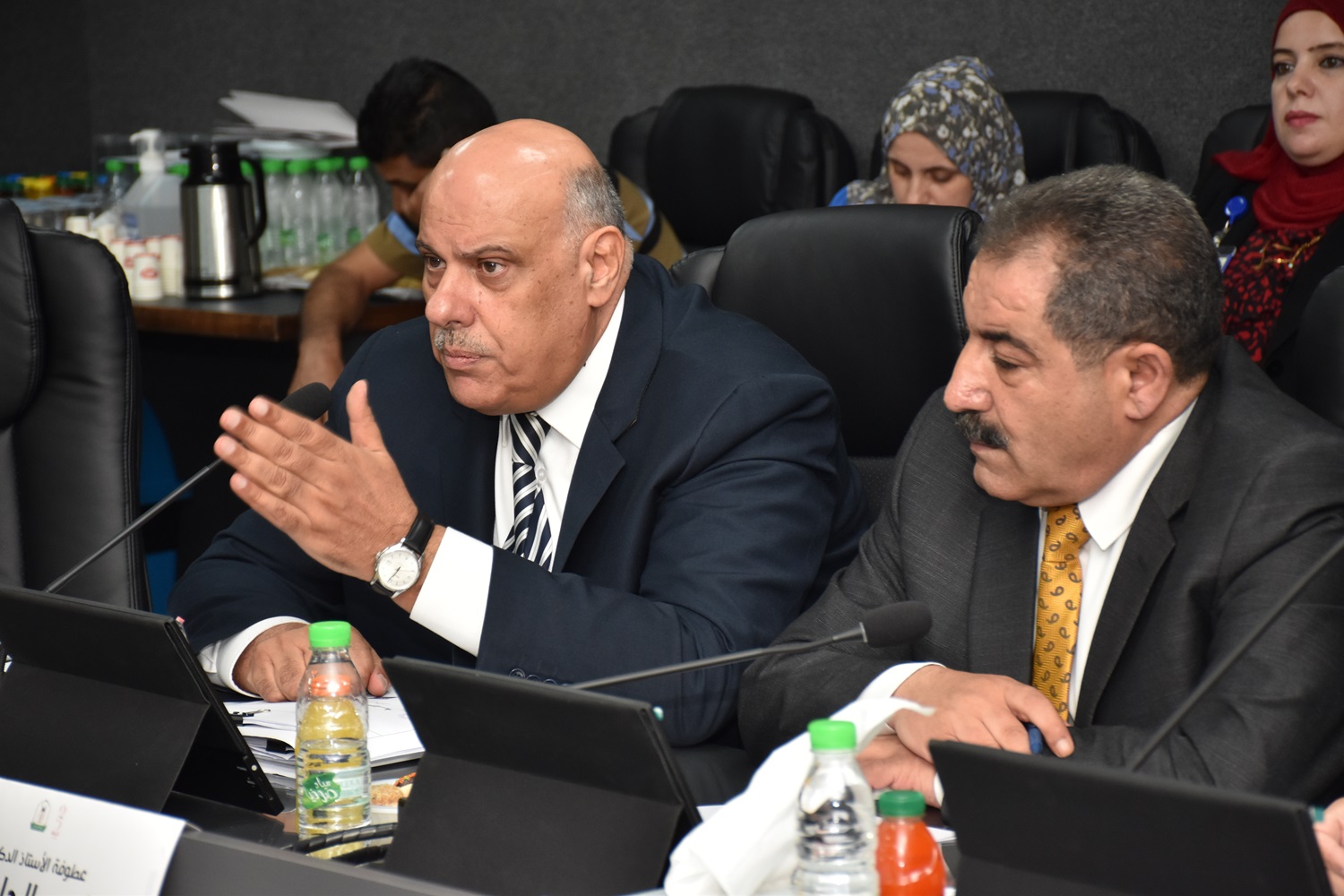 <p
<p  <p
<p 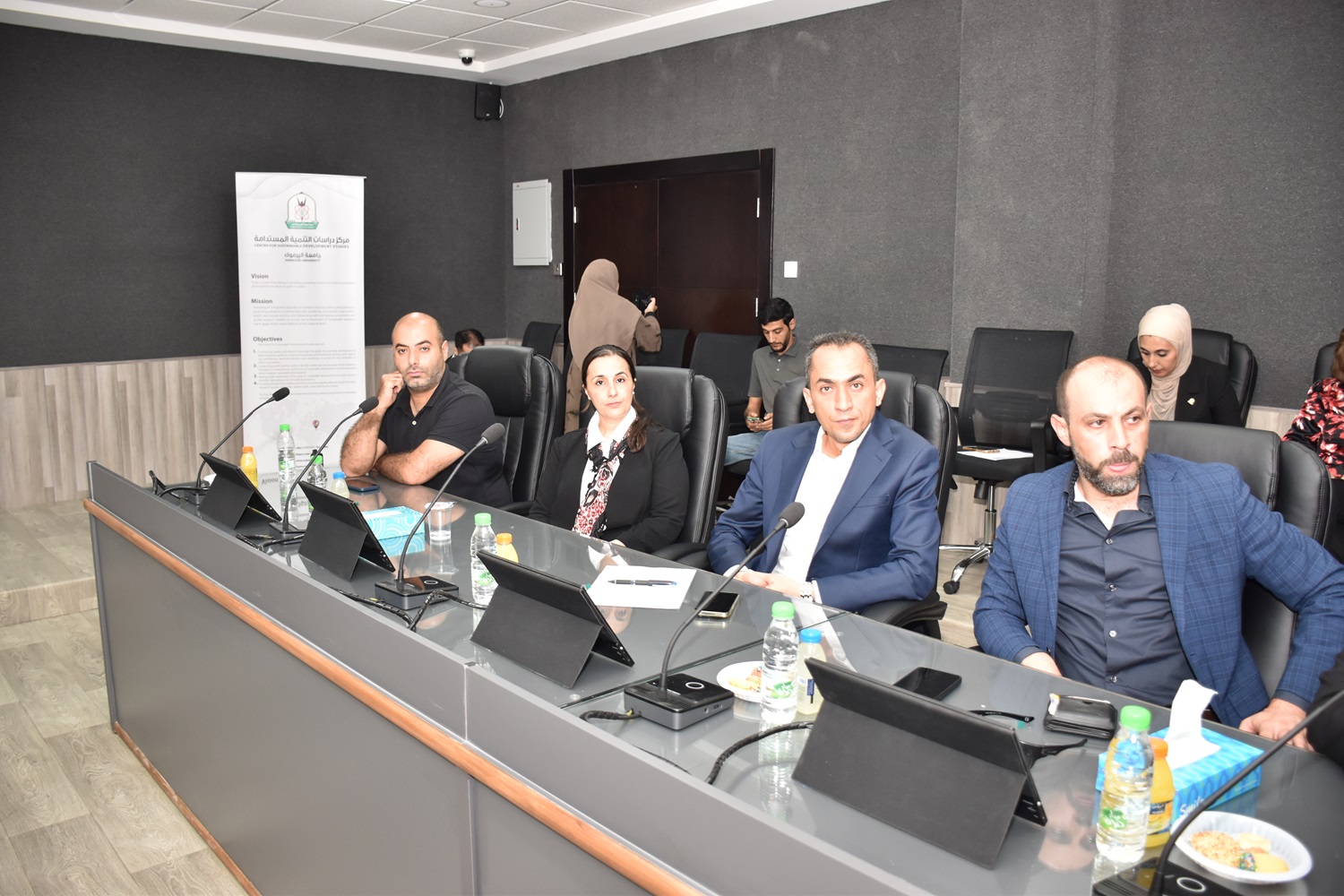 <p
<p 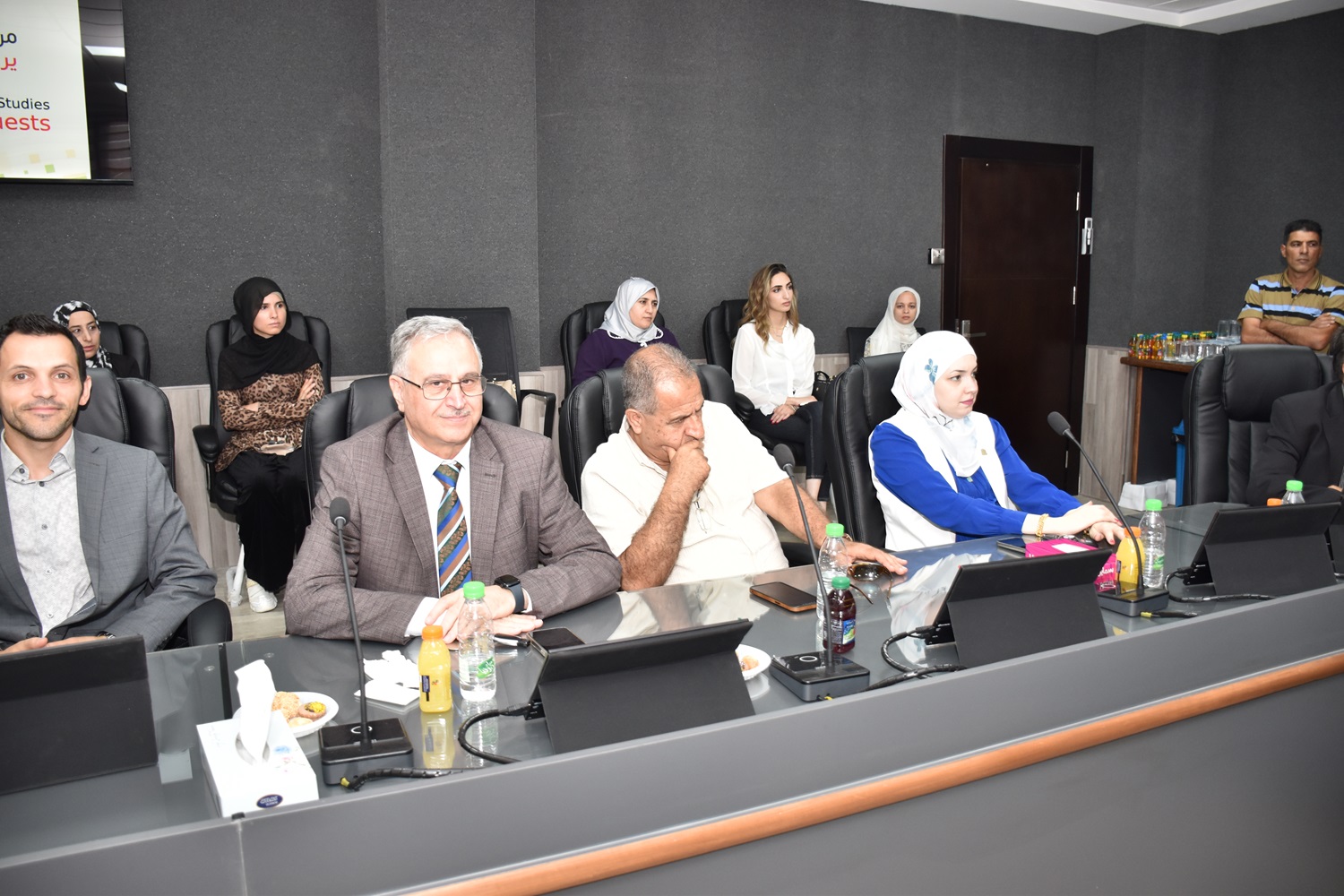 <p
<p 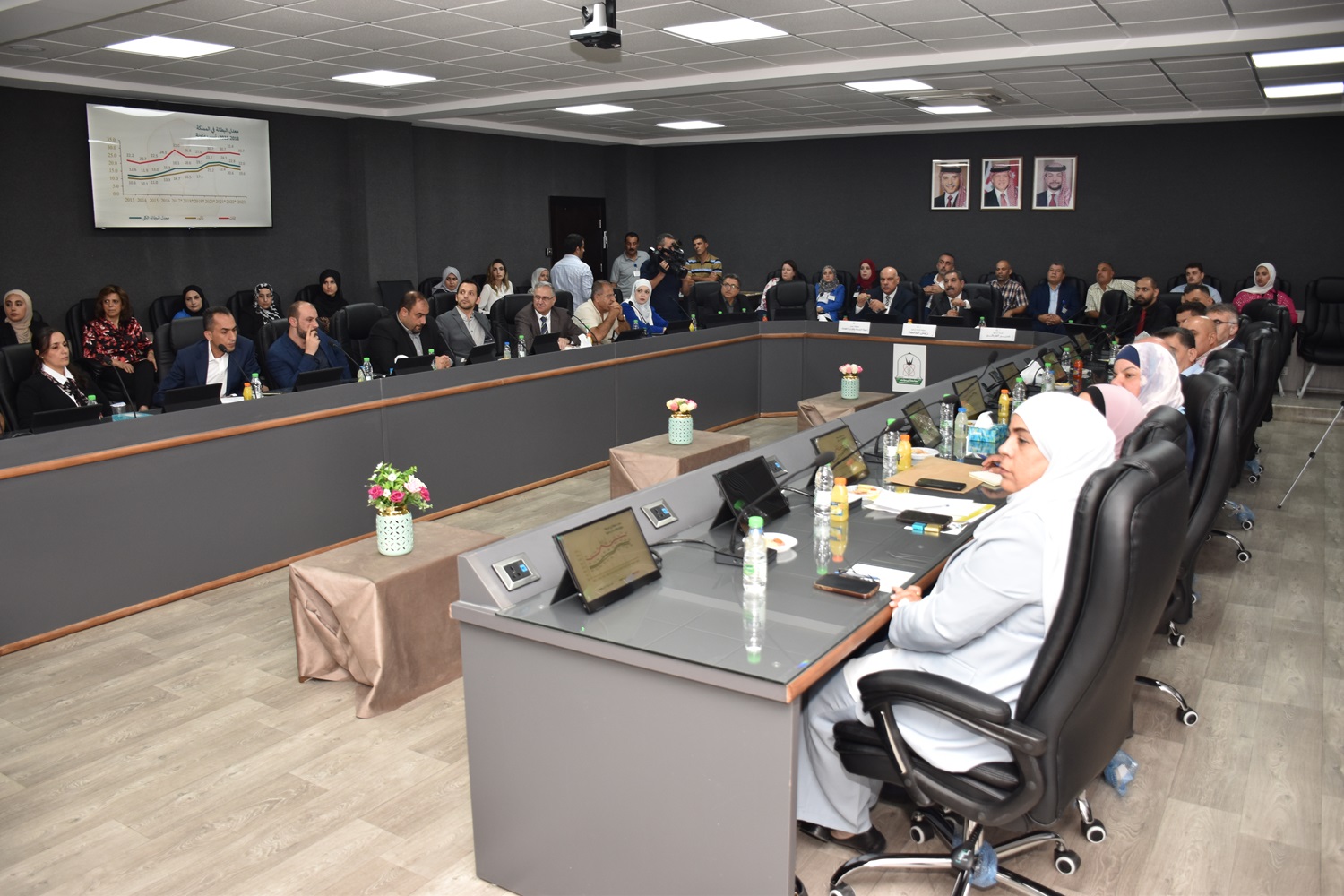 <p
<p 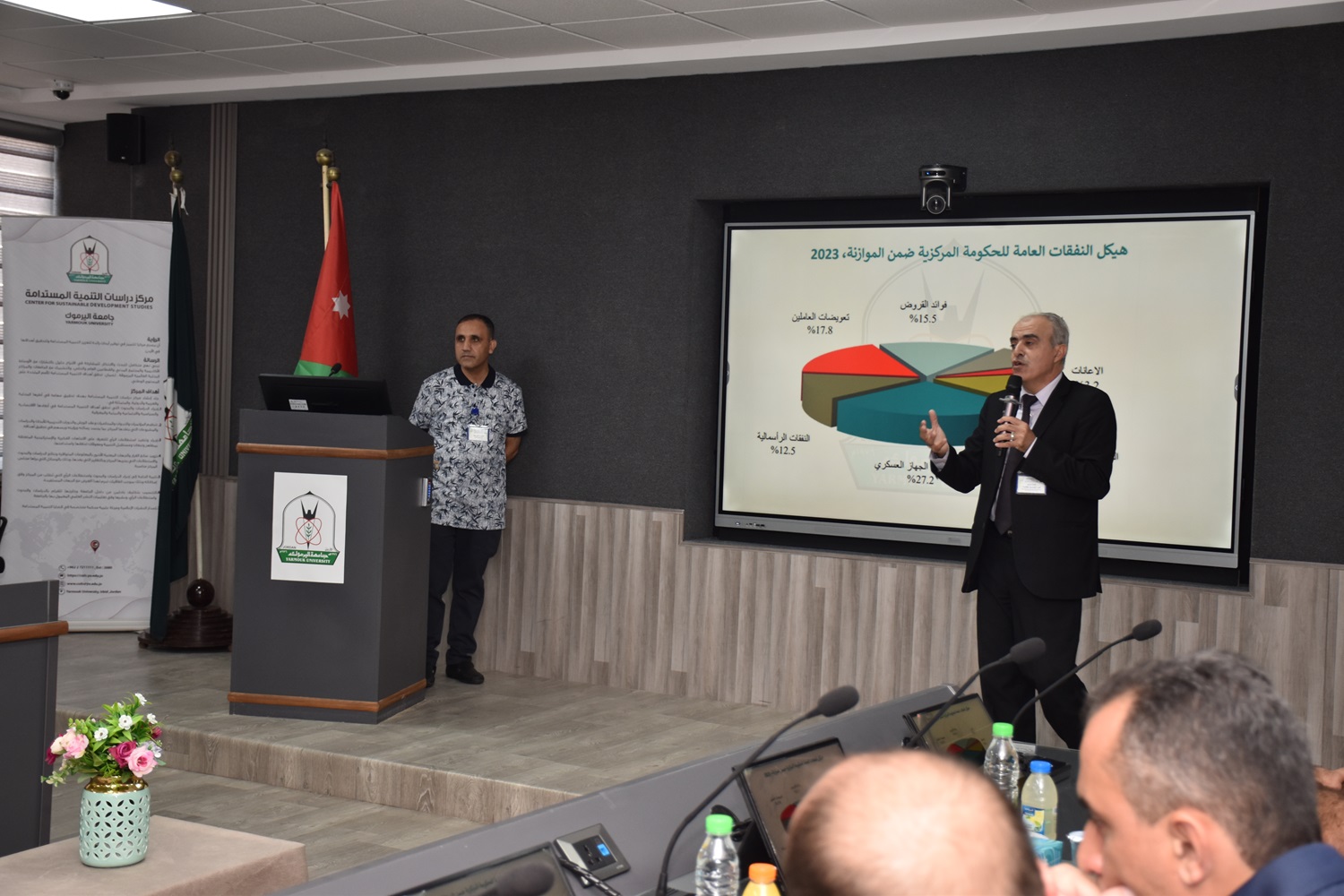 <p
<p 
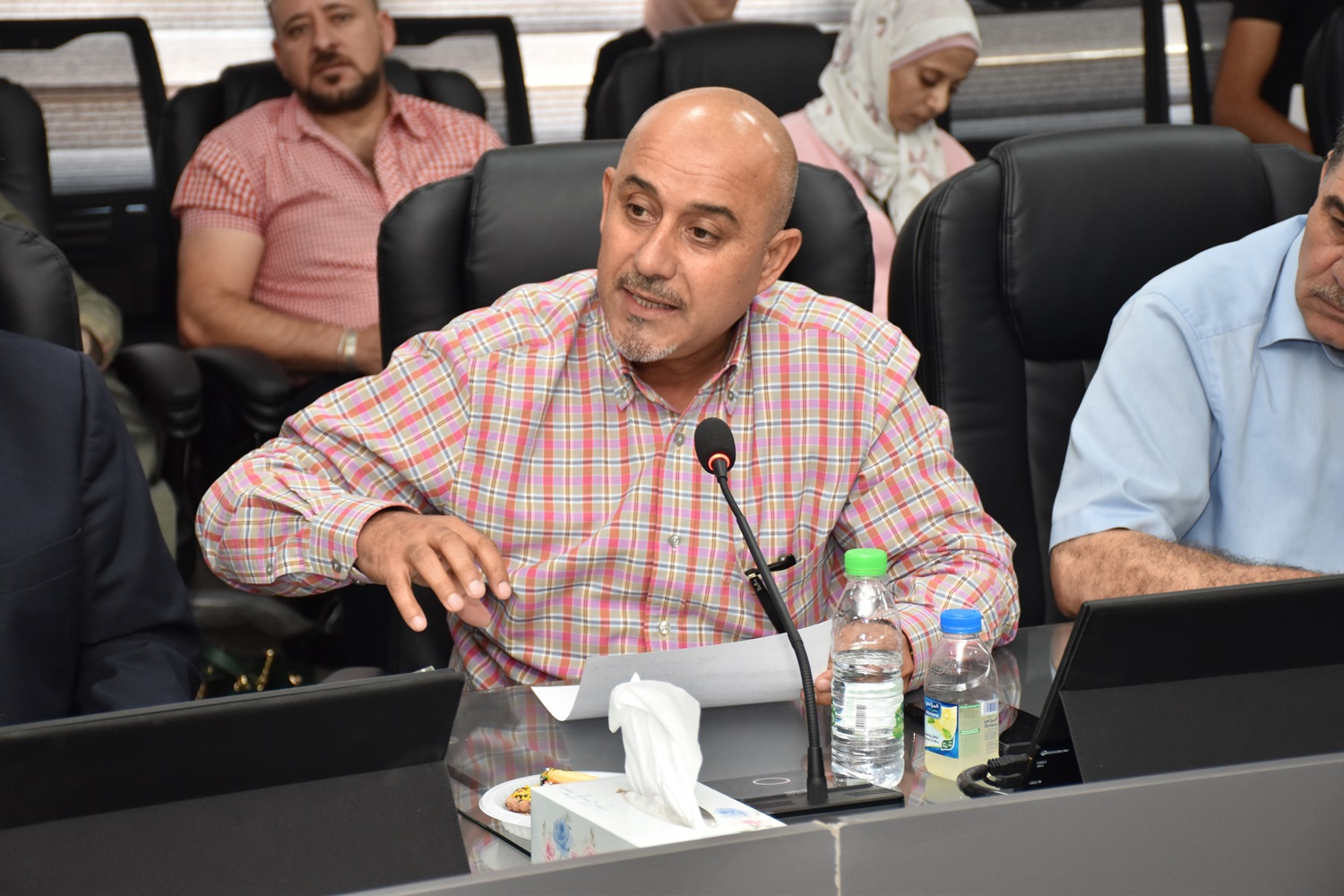 <p
<p  <p
<p  <p
<p  <p
<p  <p
<p 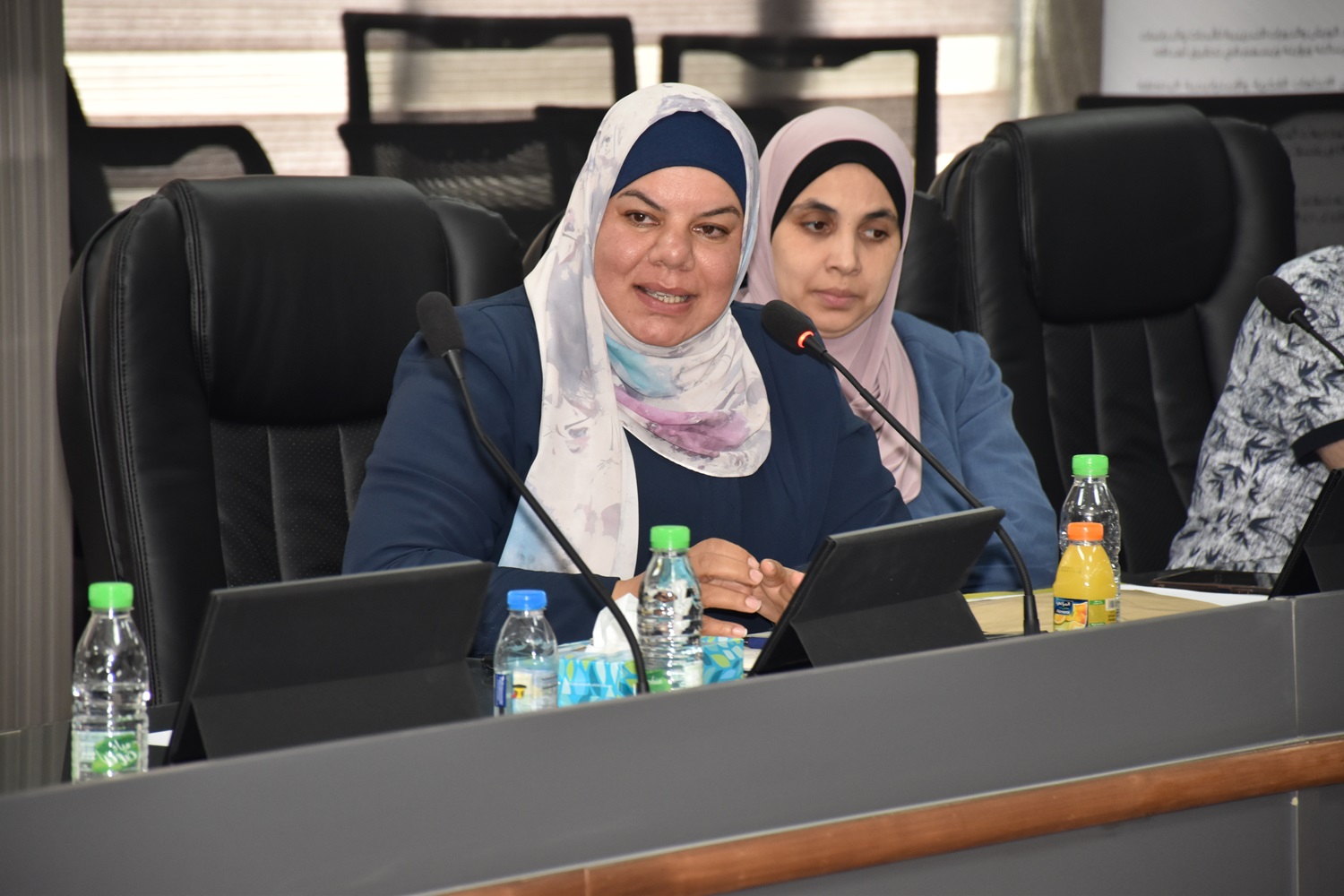 <p
<p
